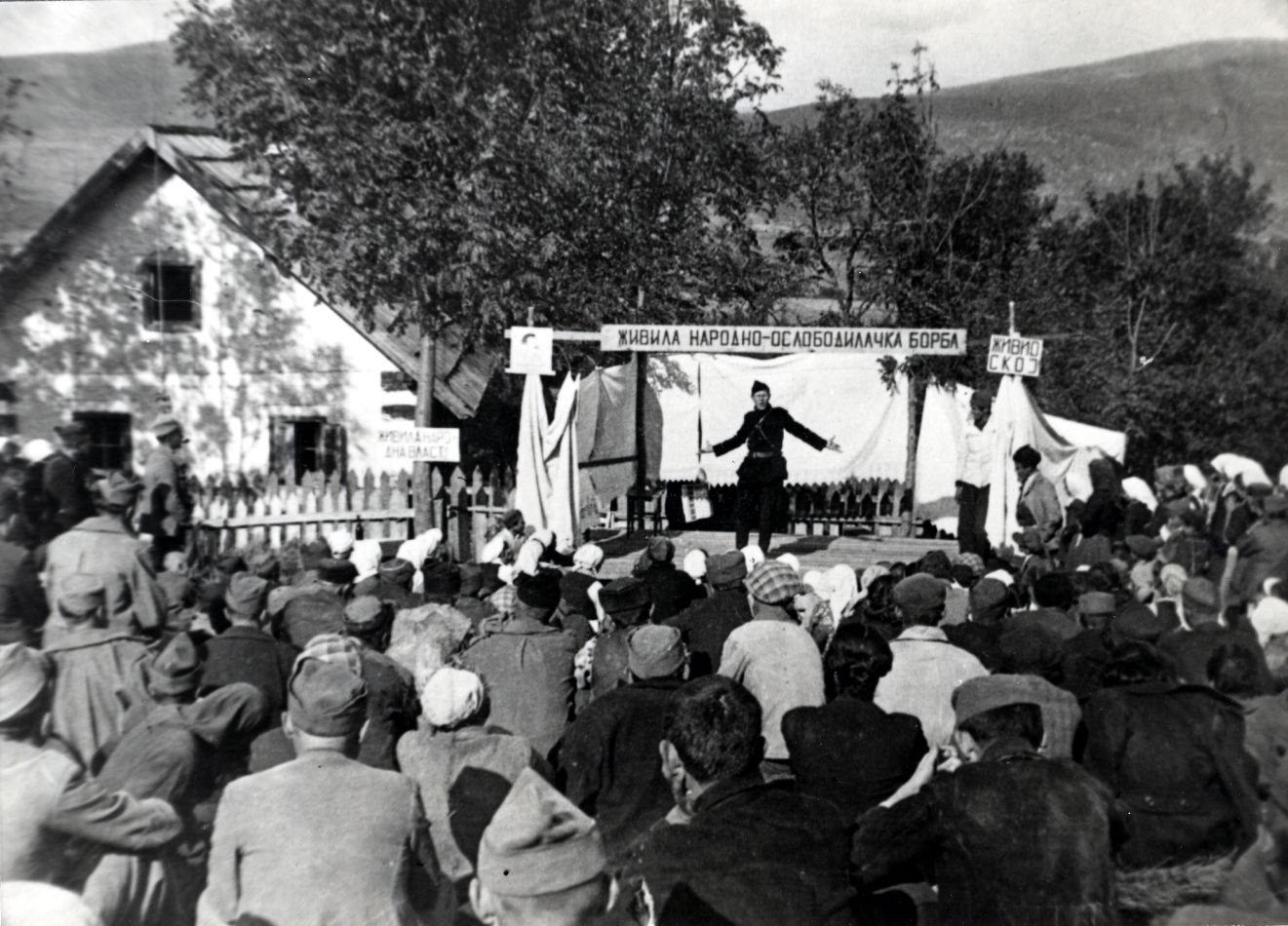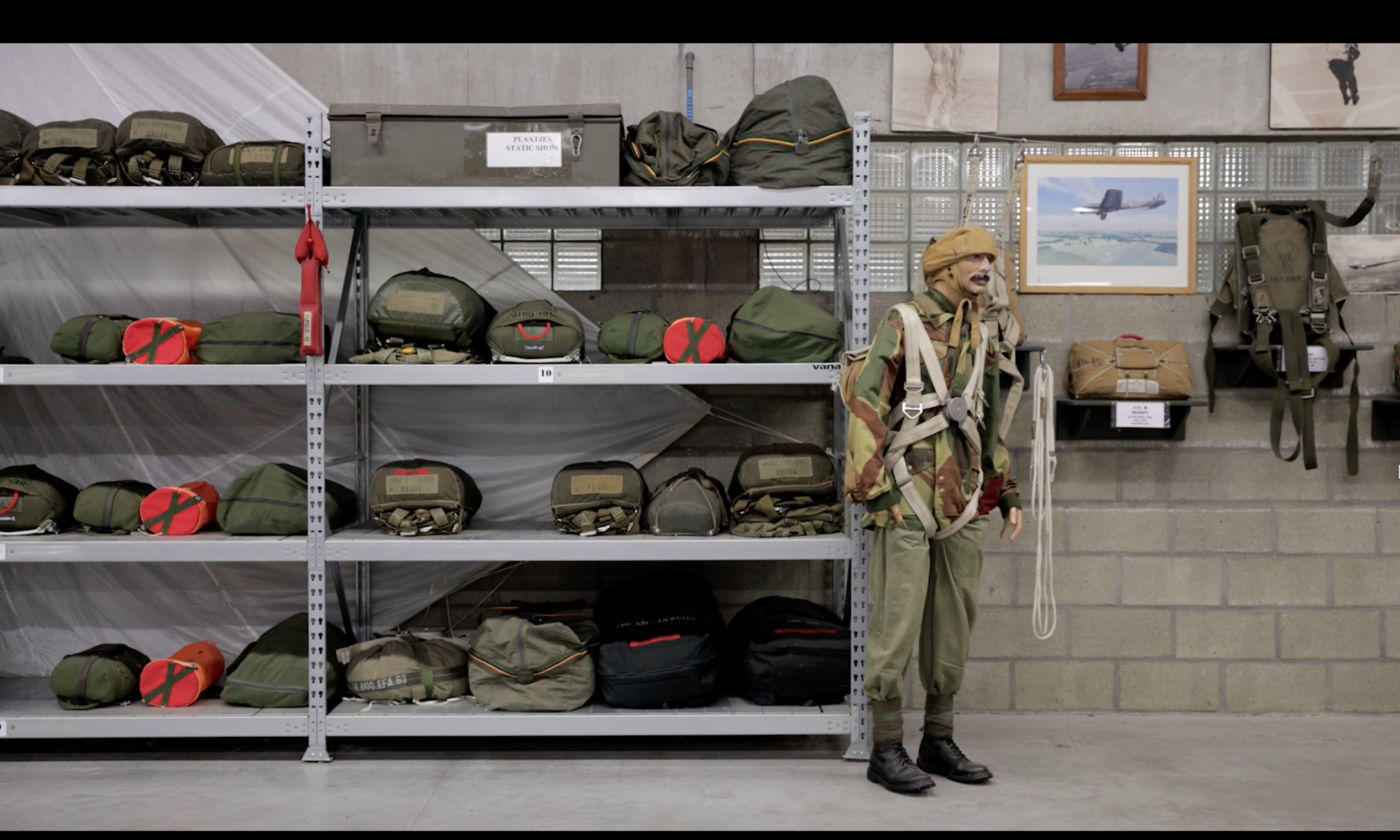Public Anthropologist is a project that includes this blog as well as an international peer reviewed journal. Public Anthropologist blog contains original posts, mainly organized into “Reflections” and “Conversations”, and other relevant information and news.
Articles for publication in Public Anthropologist journal can be submitted online through Editorial Manager, please click here.
To submit a post for this blog, please contact the editor, Antonio De Lauri: [email protected]






